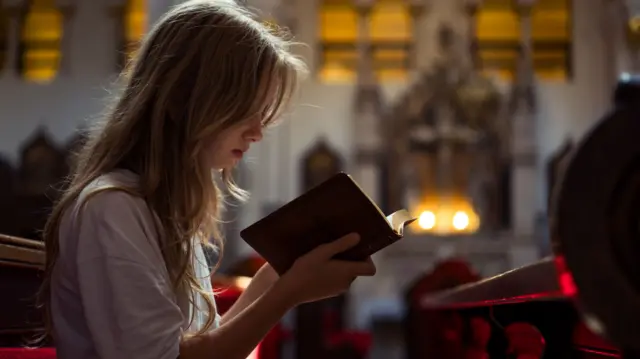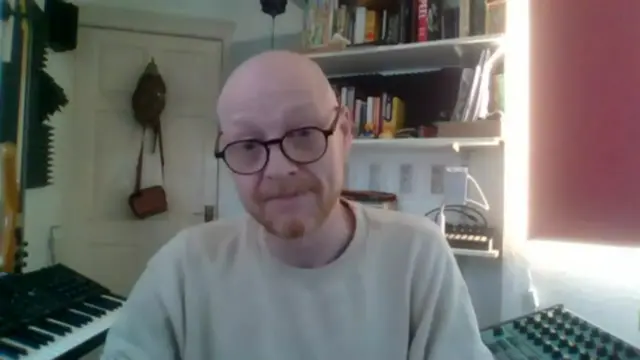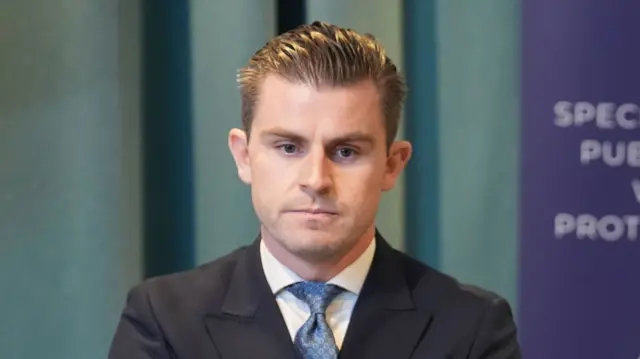Analysis: While RE teaching will remain, change is likelypublished at 11:40 GMT
 Robbie Meredith
Robbie Meredith
BBC News NI Education Correspondent
It is important to be clear that the Supreme Court ruling is not going to mean that the teaching of RE in schools will end, or that there will be no more hymns or prayers in school assemblies.
But it does mean that some things are likely to change.
The judges said that was “a complete absence of plurality in relation to the teachings or practices of any other religions or non-religious traditions and philosophies,” especially in primary schools.
So in future children are likely to be taught about a range of religions in RE, not just Christianity, from the earliest years of primary school.
Schools may also have to think about inviting a wider range of speakers to school assemblies, not just Christian ministers or organisations.



